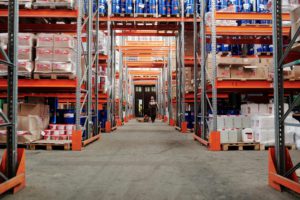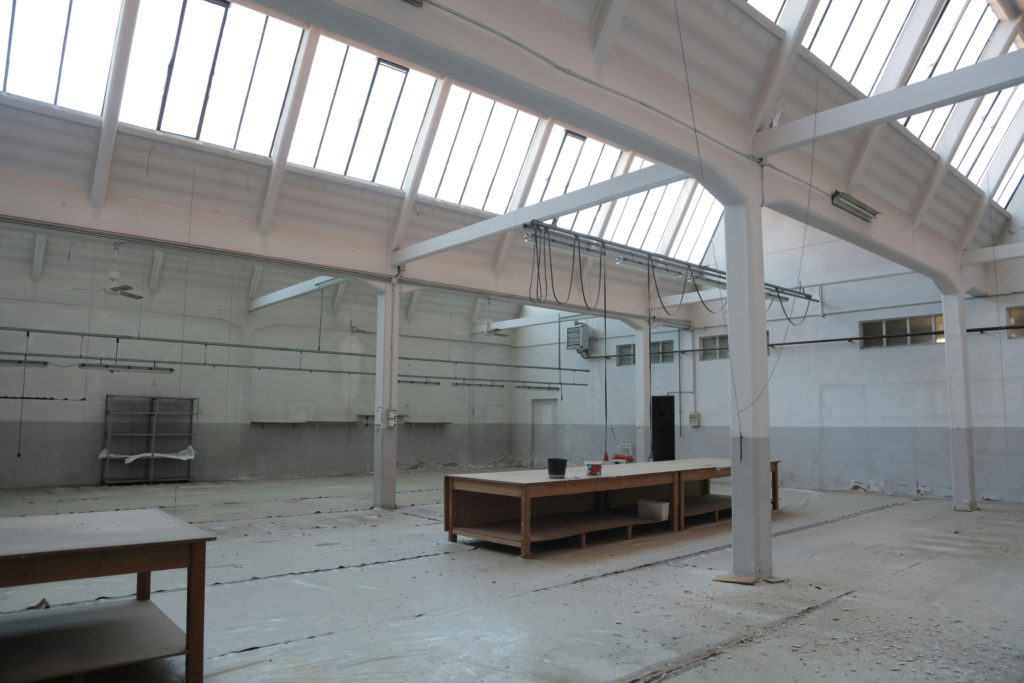Melbourne’s warehouse sector is going through a big change thanks to some fresh trends. These trends are shaking things up in the commercial real estate scene and making it more important than ever for investors, developers, and real estate agents to stay on top of them. There are quite a few trends to keep an eye on, including adaptive reuse, e-commerce growth, sustainability initiatives, tech integration, and modular design. Each one of these trends is creating unique challenges and opportunities that everyone involved in the warehouse for sale Melbourne needs to be aware of if they want to succeed. By keeping up with these new trends, we can create a brighter future for Melbourne’s warehouse sector and the wider community it serves.
Adaptive Reuse: One prominent trend in Melbourne’s warehouse sector is the adaptive reuse of existing industrial properties. With the growing demand for mixed-use developments and creative office spaces, old warehouses are being repurposed into trendy coworking spaces, art galleries, or retail outlets. This trend not only preserves Melbourne’s industrial heritage but also adds value to properties that might have otherwise been overlooked in the market for sale. A commercial real estate agent plays a pivotal role in identifying opportunities for adaptive reuse and facilitating transactions between buyers and sellers.
E-commerce Boom: The rapid growth of e-commerce drives significant demand for warehouse space in Melbourne. As consumers increasingly rely on online shopping, retailers and logistics companies are expanding their warehousing and fulfilment operations to meet growing demand. This surge in e-commerce activity is fueling demand for larger, technologically advanced warehouses equipped with automation systems and robotics. Commercial real estate agents specialising in industrial properties are involved in brokering deals for warehouse spaces suitable for e-commerce fulfilment centres strategically located to serve the burgeoning online retail market.

Last-Mile Delivery Centers: Another emerging trend in Melbourne’s warehouse sector is the rise of last-mile delivery centres. With consumers expecting faster delivery times, retailers and logistics providers are establishing smaller distribution centres closer to urban centres to facilitate same-day or next-day deliveries. These last-mile delivery centres require strategically located warehouses in densely populated areas, presenting unique opportunities for investors and developers. Commercial real estate agents are adept at understanding the logistical needs of e-commerce and retail clients, and they play a crucial role in identifying suitable properties for last-mile delivery centres and negotiating favourable deals.
Sustainability Initiatives: Sustainability has become a focal point in Melbourne’s warehouse sector, driven by environmental concerns and regulatory requirements. Warehouse developers and operators increasingly incorporate green building practices, such as solar panels, energy-efficient lighting, and rainwater harvesting systems, to reduce environmental impact and operating costs. Commercial real estate agents specialising in industrial properties are witnessing a growing demand for eco-friendly warehouses from tenants seeking to align with sustainability goals. Understanding warehouse properties’ sustainability features and certifications is essential for commercial real estate agents advising clients on investment decisions.
Technology Integration: Technology integration revolutionises Melbourne’s warehouse sector, enhancing operational efficiency and productivity. Advancements such as warehouse management systems, IoT sensors, and predictive analytics optimise inventory management, order fulfilment, and supply chain visibility. Commercial real estate agents with industrial property expertise recognise the importance of technology-enabled warehouses in attracting tenants and driving property value. Identifying warehouses equipped with cutting-edge technology infrastructure and understanding their implications for tenant requirements are critical for commercial real estate agents navigating the evolving warehouse market.
Flexibility and Modular Design: Flexibility and modular design are becoming increasingly essential considerations in Melbourne’s warehouse sector, driven by changing tenant preferences and evolving business needs. Warehouse operators seek flexible spaces that accommodate diverse uses and adapt to fluctuating demand. Commercial real estate agents are witnessing a shift towards warehouses with modular layouts, high ceilings, and versatile floor plans that can accommodate various tenant requirements, from traditional storage to light manufacturing or assembly. Understanding the importance of flexibility in warehouse design is essential for commercial real estate agents advising clients on property acquisitions or lease agreements.
In conclusion, Melbourne’s warehouse sector is experiencing a paradigm shift driven by emerging trends reshaping the commercial real estate landscape. From adaptive reuse and e-commerce expansion to sustainability initiatives and technology integration, these trends present challenges and opportunities for investors, developers, and commercial real estate agents. By staying abreast of these trends and understanding their implications, stakeholders can capitalise on the evolving warehouse market and position themselves for success in Melbourne’s dynamic commercial real estate sector.





